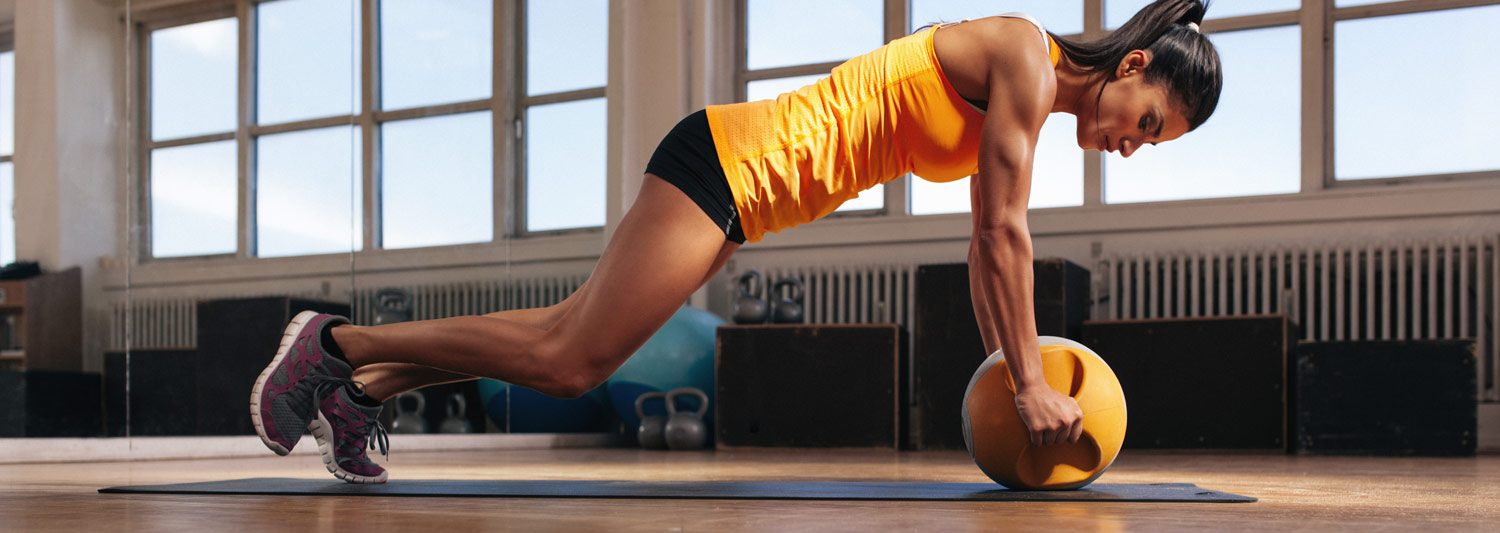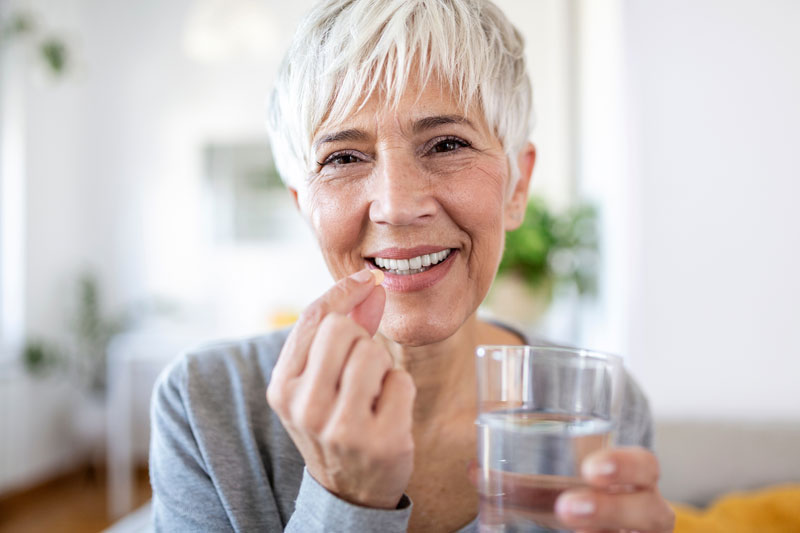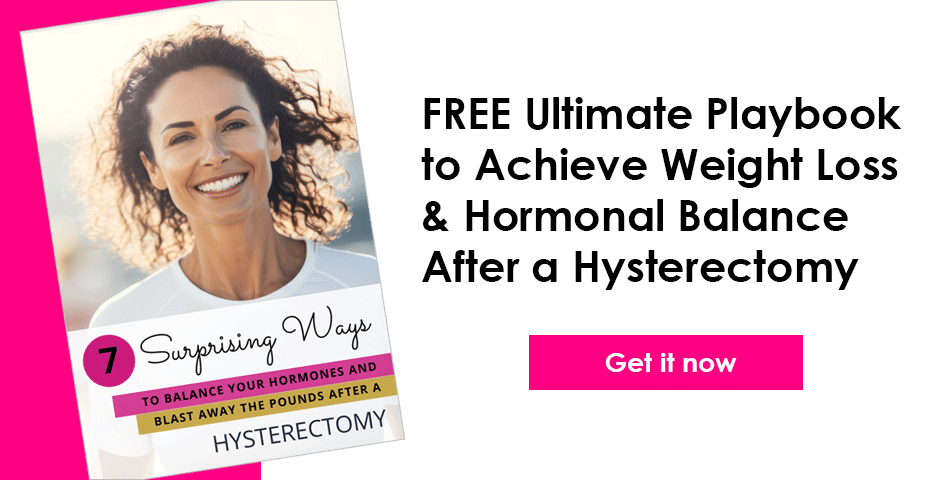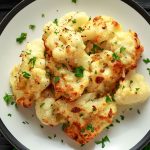Probiotics are becoming more and more popular these days.
A lot of interest surrounds this topic. So, what are probiotics? Why are they needed, and what is the relationship between probiotics and weight loss?
Probiotics are consumable live microorganisms with health benefits. Not all organisms can be termed or classified as destructive or harmful. Not all of them are germs. There are a lot of microorganisms that are considered beneficial. These microorganisms help maintain the body system balance.
Probiotics come from the fermentation of bacteria in foods and supplements. The most common form of probiotic bacteria includes lactobacillus and Bifidobacterium.
The different probiotic supplements address various health issues. The supplements come in liquid, food, drink, pill/capsule and powder form.
Pros of probiotic supplements.
Probiotic supplements prove to have several benefits.
Probiotic supplements help address digestive issues.
By maintaining bacteria balance, these supplements keep the digestive system functional. The digestive system is one of the crucial systems in the human body. Probiotics further restore the gut microbiome to its optimum level thus reducing the severity of digestive disorders. Digestive disorders include: constipation, gas bloating, diarrhea, abdominal pain and ulcerative colitis.
They help address mental health conditions.
Some probiotic strains like lactobacillus and Bifidobacterium have been proven to improve mental health conditions. Mental conditions they may be able to improve are autism, depression, obsessive-compulsive disorder, memory loss and stress.
They aid in the prevention of urinal tract infections.
About 40-60 percent of women suffer from urinal tract infections. The supplements help reduce their frequency of reoccurring. The live microorganisms help stabilize the bacteria framework. Probiotics prevent urogenital infections, vaginal yeast infections, and other vaginal infections by balancing the vaginal microbiome.
They serve as immune boosters.
They prevent the growth of harmful bacteria and boost immune cells. They also cause rapid multiplication and development of natural antibodies. They prevent and reduce respiratory infections, maintain/lower blood pressure and prevent heart disease. The lactobacillus bacterium reduces the total cholesterol level.
Cons of probiotic supplements.
While there are numerous benefits of probiotic supplements, it’s important to also consider some cons and side effects. Because probiotics primarily deal with live microorganisms, they are prone to contamination.
Excessive use of probiotic supplements can lead to the accumulation of bacteria.
Excessive production and consumption of good bacteria can cause an accumulation of bacteria in the small intestine. The result of this is bloating, brain fog and abdominal pain.
Most probiotic supplements lack approval.
The federal drug agency does not regulate or approve some of these supplements, as they are under food and dietary supplements. This raises the concern of whether or not the supplements contain the strains written on the labels. It is essential to pay attention to the storage method, usage and expiration date. A slight change can cause adverse effects.
Probiotic supplements and weight loss.
There is a constant need to lose weight as fast as possible. Probiotics seem to be an attractive option. Probiotics have a potential role to play in weight loss.
Since probiotics deal with the gut microbiome, there is a link between the gut microbiome and weight. The gut microbiome is the compilation of billions and trillions of microorganisms, other generic organisms that live in the digestive tract. It has been proven that the gut microbiome of a person of moderate weight is different from the gut microbiome found in an obese or overweight person.
Probiotic supplements have been shown to help increase weight loss and minimize weight gain. They also reduce the body fat percentage. It is important to note that the effectiveness of any probiotic supplement is dependent on the specific strain and species.
There are various mechanisms through which probiotic strains aid weight loss in women. Some strains reduce the absorption rate of dietary fats. They improve the production of short-chain fatty acids which produces bacteria, whose duty is to decrease fat storage and fatty acid oxidation.
Inflammation affects the body’s response to the leptin hormone. This causes weight gain. Specific probiotic supplements focus on reducing inflammation by hydrolyzing gluten peptides. They also stabilize pro-inflammatory genes.
Some probiotics also increase certain hormones level, which in turn burn calories faster. They impact metabolism, regulate appetite and speed up the excretory process, which prevents the storage of feces in the body. This further helps in weight loss.
Probiotic supplements that are available for weight loss in women.
Some probiotic supplements cater to the weight loss needs of women. While you can get them from Amazon or directly from the manufacturer, it’s important to take them on specific prescriptions. Examples include.
- MegaFlora probiotic supplements
- 1MD complete probiotics
- BioTrust Pro-X10
- BioFit
- Orthomolecular Ortho Biotic
Probiotic foods and food resources.
Probiotic foods can deliver the same benefits as over-the-counter probiotic supplements. Probiotic foods offer a wide range of benefits against several health conditions. Eating certain foods can actually increase the helpful microbes present in the human body. Food resources that contain important and beneficial probiotic strains include both dairy and non-dairy products.
Dairy products contain more probiotics than other food components. Some examples are:
- Aged and soft cheese like cheddar, Gouda, and mozzarella
- Kefir. This is a fermented drink containing probiotics.
- Non-cultured traditional buttermilk
- Yogurt. This is a popular and easily accessible source of probiotics.
Non-dairy products that also contain probiotics include:
- Non-dairy yogurts
- Pickles
- Kimchi
- Smoothies. A blend of fruits and vegetables.
- Apples and slightly ripe bananas
- Onions, beets, cucumbers and green peas
There are other natural foods that contain probiotic strains. My nutritionist encouraged me to try probiotic foods, rather than supplements, but I opted for supplements since I eliminated dairy from my diet.
Can weight loss be achieved by just healthy diets and probiotics?
60 percent of middle-aged women would gladly do anything to lose weight without any form of exercise. Weight is the balance between calories consumed and calories lost. When the burned calories are more than the consumed calories, then weight loss occurs.
Losing weight by just eating a healthy diet, and taking probiotics without any form of exercise is usually achievable, unless there are other underlying issues, especially those that affect women who’ve had a hysterectomy. However, this does not ensure a fast and sustainable weight loss goal. Weight loss is often associated with changes in food habits and other lifestyle habits.
If you’ve had a hysterectomy, I’d encourage you to couple exercise with your diet and nutrition, as I’ve personally found it more sustainable and permanent over time. After having a hysterectomy, I felt like I was dealing with a different type of beast; one that required more work than women who hadn’t had a hysterectomy would take.
Takeaway.
Several studies have shown the effectiveness of probiotics on weight loss and general wellbeing. Certain probiotics seem to specifically help women lose weight and minimize weight gain. While there are positive reviews on the effectiveness of probiotics, other studies show that probiotics are not beneficial and do not help with weight loss.
However, it is necessary to note that while probiotics may play a supplementary role in weight loss, proper dietary behavior and physical activity are of high importance.
For more ideas to manage your weight after a hysterectomy, download my free e-book, 7 Surprising Ways to Balance Your Hormones & Blast Away the Pounds After a Hysterectomy.




 Why Do Women Sometimes Gain Weight After a Hysterectomy?
Why Do Women Sometimes Gain Weight After a Hysterectomy?



